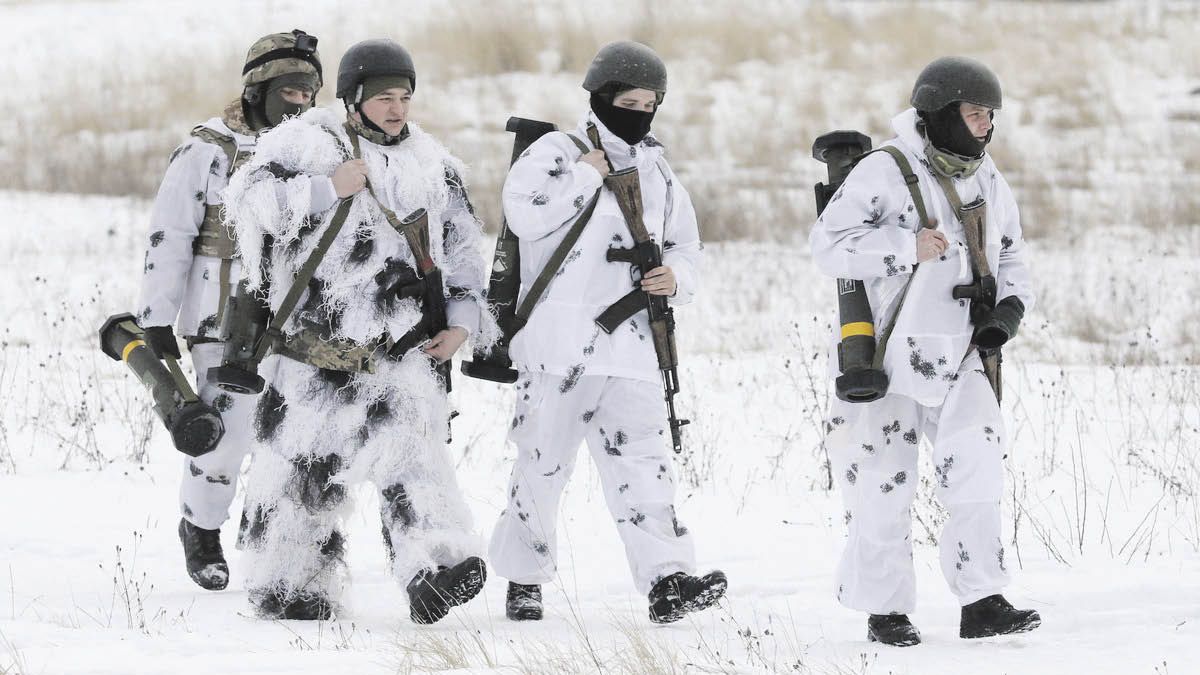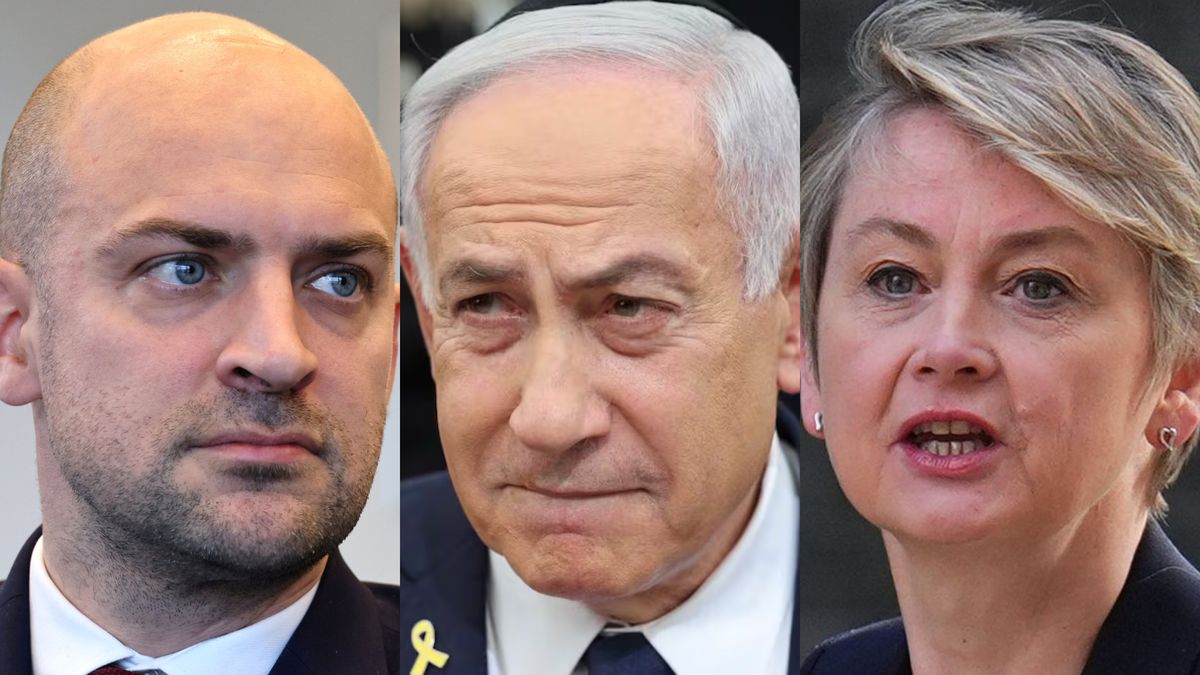The Russian objective, according to the Wall Street Journal, citing sources in Kiev, would be to progressively weaken the country, provoking discontent and protests similar to those fomented in the east of the country in 2014 to justify an intervention. In January alone, the Ukrainian police received almost a thousand anonymous messages, mostly by email, with false alarms about bombs planted in some 10,000 places, from schools to essential infrastructure: each time, it is an everyday life that is broken, mortgaging the lives of ordinary citizens.
As with hybrid warfare, there is another front in everyday life that is already in crisis, that of air traffic. Although the Dutch flag carrier KLM has already stopped flights and many airlines avoid Ukrainian skies, insurance companies are running away and a flight from Portugal to Kiev of the local company SkyUp was forced to land in Moldova on Saturday by decision of the company that operated it, Kiev insists on not wanting to close its skies.
“It doesn’t make sense and it would look a lot like self-isolation,” said Mykhailo Podolyak, adviser to the Ukrainian presidency. The Government is committed to “preventing risks for airlines”, but at the same time it advises against flying over the Black Sea from Monday to Saturday, coinciding with the great Russian naval exercise.
Hand in hand with diplomatic failures, the fear of an armed invasion is even growing among the most prudent foreign ministers. Starting with Berlin, which on the eve of visits to Kiev and Moscow by Foreign Minister Olaf Scholz, raises the tone and speaks of a “critical” situation, threatening “immediate” sanctions.
“No one should be surprised if Russia creates an accident to justify the military action it had always planned,” US Secretary of State Anthony Blinken reiterated, sounding the alarm again about the “false pretext” to invade Ukraine.
The White House reiterated that in the event of Russian aggression, the response will come “quickly and forcefully”, explaining that the two leaders agreed “on the importance of continuing with diplomacy and deterrence”.
The climate in the foreign ministries remains, however, on guard against the possible war.
From British Defense Minister Ben Wallace’s juxtaposition between negotiations with Putin and the Munich Conference, which in 1938 marked diplomatic surrender to Adolf Hitler’s Nazi regime, to Poland announcing preparations for a wave of refugees in the event of conflict over the border with Ukraine, the allies are trying this time not to be caught off guard by Moscow’s maneuvers. Which, for the moment, is limited to observing the chaos.
Source: Ambito
David William is a talented author who has made a name for himself in the world of writing. He is a professional author who writes on a wide range of topics, from general interest to opinion news. David is currently working as a writer at 24 hours worlds where he brings his unique perspective and in-depth research to his articles, making them both informative and engaging.




